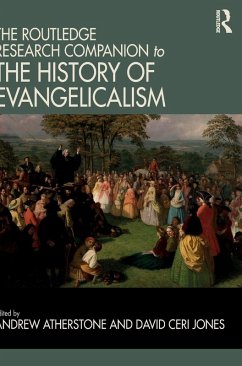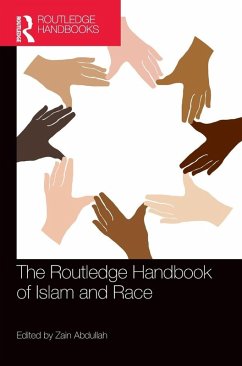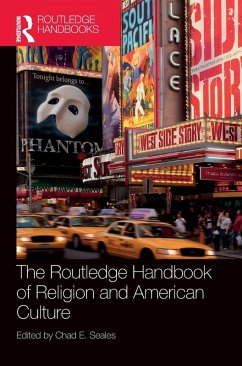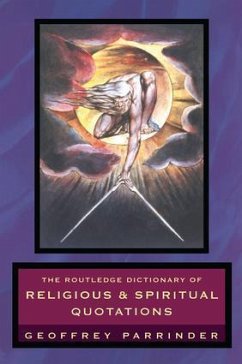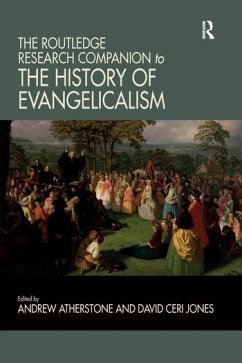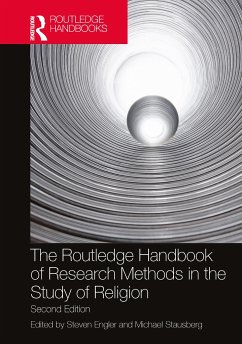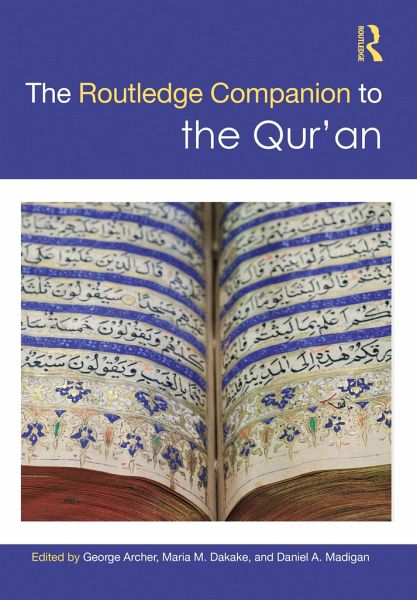
The Routledge Companion to the Qur'an
Versandkostenfrei!
Versandfertig in 1-2 Wochen
257,99 €
inkl. MwSt.

PAYBACK Punkte
129 °P sammeln!
The Routledge Companion to the Qur'an offers an impressive and comprehensive overview of the formative scripture of Islam. Including a wide number of scholarly approaches to the Qur'an by both established authorities and emergent voices, the 40 chapters in this volume represent the latest word on the academic understanding of the Muslim scripture. The Qur'an is spoken of in scholarship across disciplines; it is the beating heart of a living community of believers; it is a work of beauty and a basis for art and culture; it is a profoundly significant historical artifact; and it is a mysterious ...
The Routledge Companion to the Qur'an offers an impressive and comprehensive overview of the formative scripture of Islam. Including a wide number of scholarly approaches to the Qur'an by both established authorities and emergent voices, the 40 chapters in this volume represent the latest word on the academic understanding of the Muslim scripture. The Qur'an is spoken of in scholarship across disciplines; it is the beating heart of a living community of believers; it is a work of beauty and a basis for art and culture; it is a profoundly significant historical artifact; and it is a mysterious survivor from the Late Ancient Arabic-speaking world. This Handbook accompanies the reader into the many worlds that the Qur'an lives in, from its ancient settings, to its internal drama, and through the 1,400 years of discussion and debate about its meaning. Bringing diverse approaches to the Qur'an together in one volume The Routledge Companion to the Qur'an represents the vibrancy of the field of Qur'anic Studies today. This Handbook is essential reading for students and researchers in religious studies and Islamic studies. It will also be very useful for those in related fields, such as area studies, sociology, anthropology, and history.





